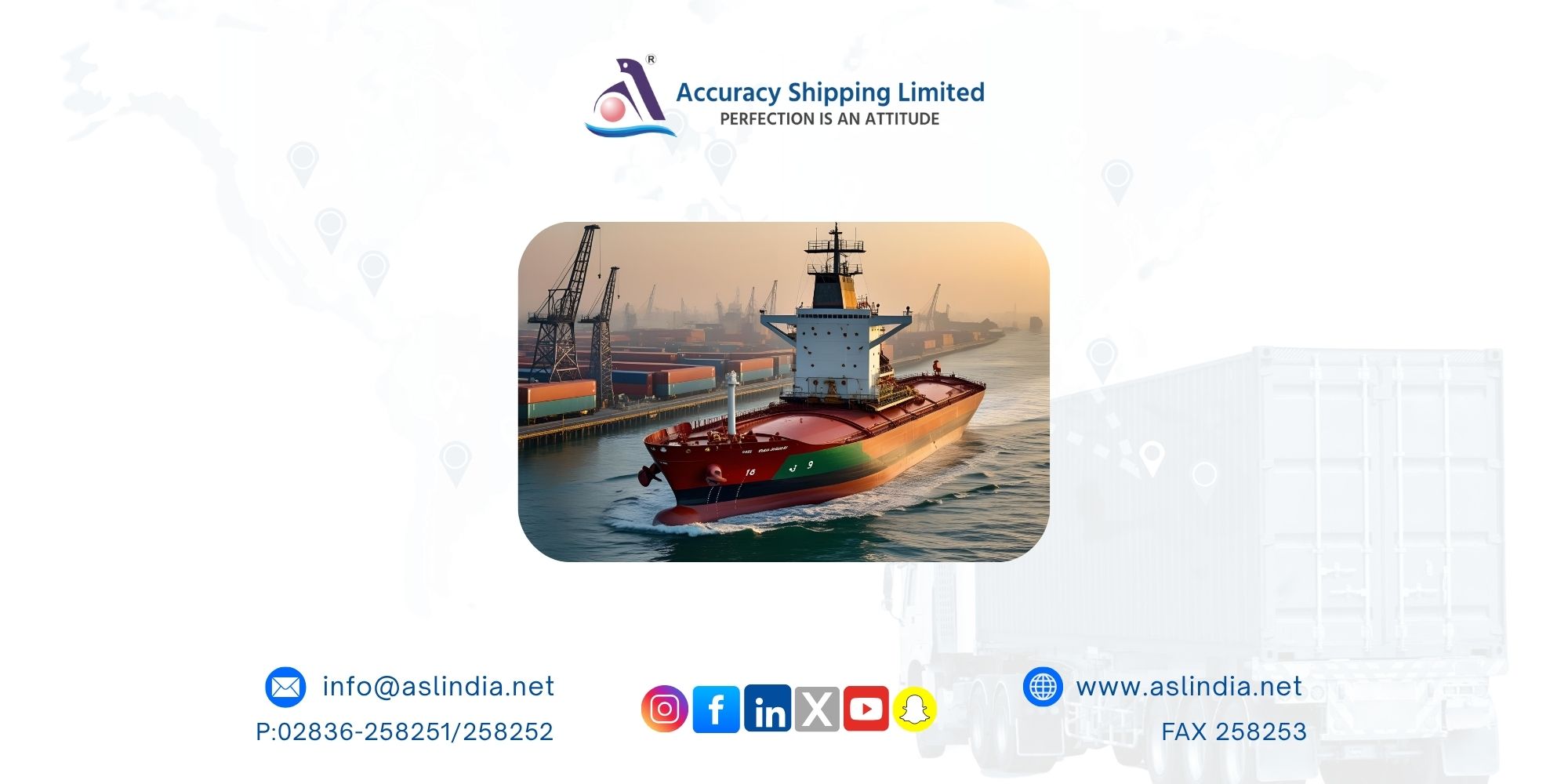Iranian oil tanker sold in India with unusual payment terms

The recent sale of a US-sanctioned oil tanker for demolition in India has caught the attention of global shipping circles due to its highly unusual payment structure and opaque ownership details. The vessel, known as Contract II built nearly three decades ago and sanctioned in 2019 under the name Jasmine for involvement in the Iranian oil trade was beached in late June at Alang, Gujarat, one of the world’s largest ship-breaking hubs.
A Rare Glimpse into a Sanctioned Ship Deal
An eight-page sale contract, dated May 20, reveals a payment period of 180 days far longer than the industry norm of a few days or weeks. The buyer, Shantamani Enterprise LLP, is allowed to make partial, interest-free payments over six months. Industry experts note that such generous terms are highly irregular and suggest the seller’s urgency to dispose of the vessel.
Andrew Wilson, head of research at BRS Shipbrokers, remarked, “No seller would accept to wait for his money so long after delivery. This indicates that the seller needs to get rid of this ship rapidly.”
Sanctions Squeeze Older Tankers
The US and EU have intensified sanctions against vessels supporting Iranian, Russian, and Venezuelan oil exports. Over the past year, the number of sanctioned tankers has surged from 191 to 886 nearly 78% of the so-called “dark fleet.” Older ships with little hope of returning to mainstream trade are increasingly heading for demolition yards, with Alang becoming a notable destination.
A Web of Shell Companies
The seller, Thousand Miles Shipmanagement Corp., is registered in the Seychelles and linked to other sanctioned entities. With no online presence or contact details, it appears to be a shell company a common tactic in the shadowy world of sanctioned shipping. Interestingly, the sale contract omits bank account details and specifies payment in UAE dirhams (worth $3.82 million), a currency rarely used in such transactions, which are usually settled in US dollars.
Shielding the Trail
According to Charlie Brown, senior adviser at United Against Nuclear Iran, these measures extended payment terms, use of a shell company, and non-standard currency are designed to make the deal harder to trace while incentivizing buyers to take on the risk. The tanker was reportedly sold at a discount compared to prevailing scrap steel rates in India, benefiting both the seller, eager to offload blacklisted tonnage, and the buyer, seeking profit in a challenging market.
Demolition Underway
Scrapping work on Contract II began this week, about a month after its beaching, following standard fuel removal and official clearances. As sanctions tighten globally, such unconventional deals may become more frequent, reflecting the growing pressure on older dark-fleet vessels to exit illicit trades and enter the scrapyard pipeline.
If you’d like, I can also prepare a headline and meta description for SEO so this blog can be published directly on a shipping news site. That will help it rank for keywords like dark fleet tankers, ship demolition India, and sanctioned vessel sales.







